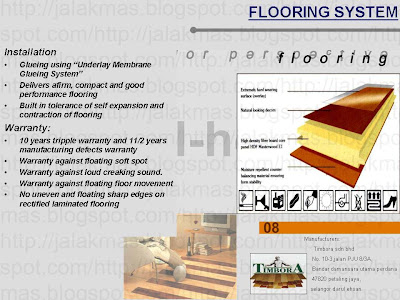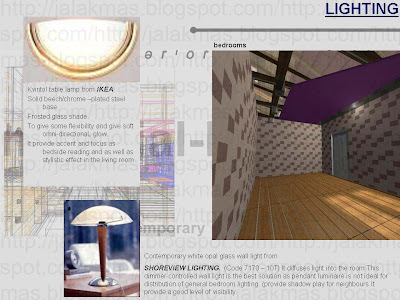Looking back to those years, we always thought our work load as students of architecture is so huge. It was so burdening that we sometimes didn't even have time to think. Being a group work assignment didn't help at all. Even with the help of the new IT advancement, the demand for the work was doubled. Coincidently today I saw a documentry entitled "Pugin: God of Gothic".
In a 16-year period in the middle of the 19th century, Augustus Welby Northmore Pugin (1812-1852), the son of a French émigré draughtsman and watercolourist, designed and built six cathedrals, 40 churches and numerous private houses. Through his designs, buildings and writing, he helped to shape the way the Victorians thought about architecture. And his ideas on private houses and domestic design – put into practice most freely in his own family home at The Grange, in Ramsgate – left a permanent mark on the British landscape. http://www.channel4.com/history/microsites/T/timeteam/2007_pugin.html
In his short life, Pugin produced a seemingly endless stream of designs for tiles, ceramics, metalwork, wallpaper, furniture, stained glass together with thousands of drawings and sketches. It showed how little work we did in comparison to architects' during those early years. After analylising it, it may not be too exaggerating to conclude that sometimes students of architecture today, rely too much on CAD technology thus decelerate our skills of doing freehand sketches and illustrations. I still do simple sketches but not up to the standards that could be used as presentation materials.
We sometimes believe that by using the computer technology, we can do more works compared to the conventional hand-drawing. But if we develop and sharpen the correct drawing skill, our hands are still the best tool and fastest tool to visualise any imaginations that mostly appear within the flick of an eye than any super computer. There's no transitional medium between mind and hands. Nevertheless, to be relevent in our present work, CAD's work could never been avoided and "mastering the tools" is the key to keep up with our endless creative thinking.










































No comments:
Post a Comment